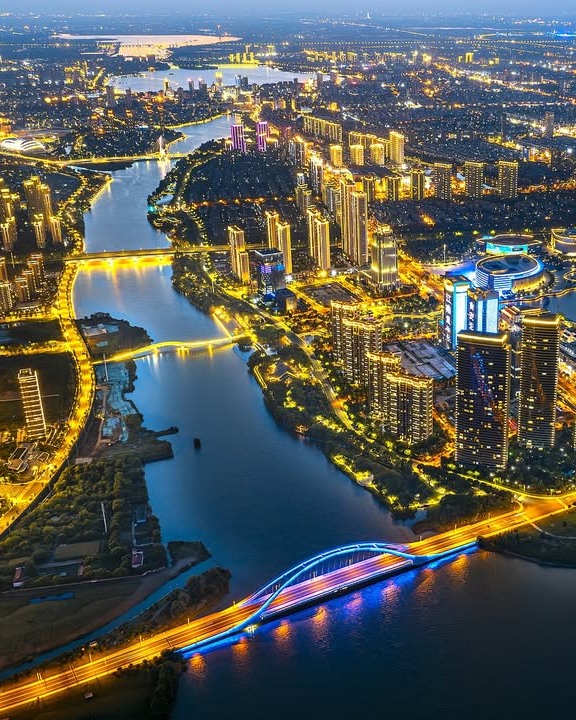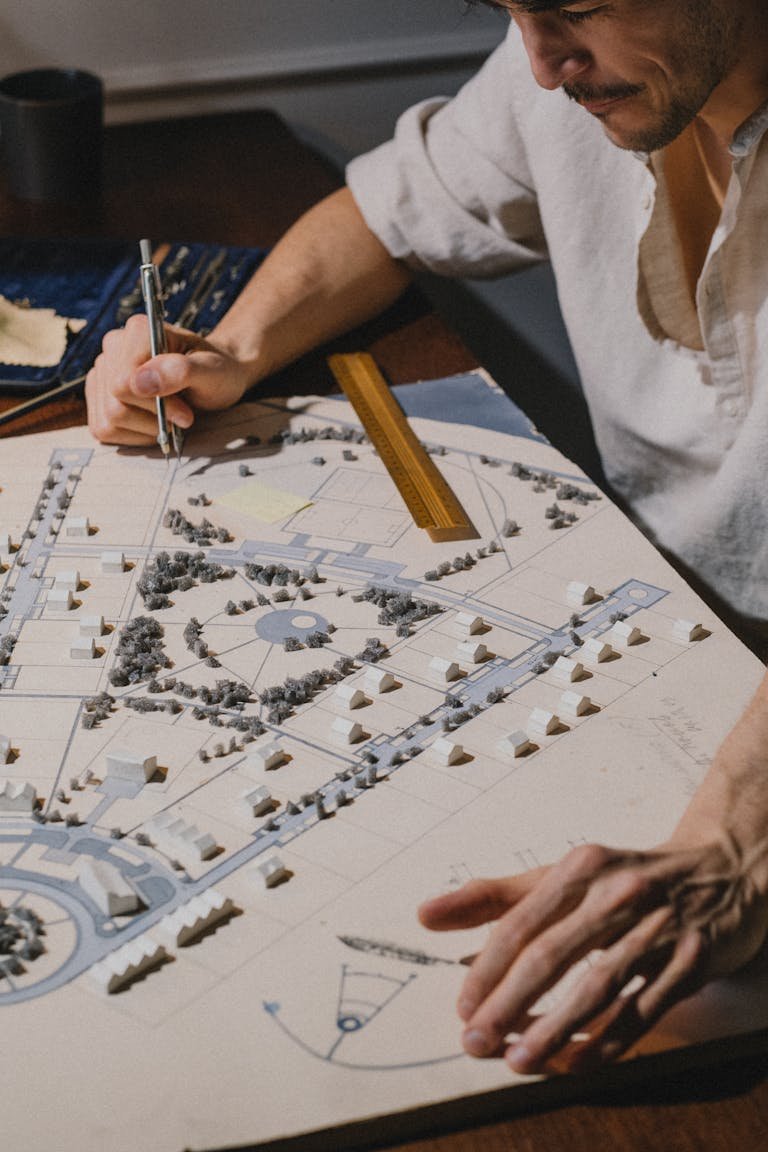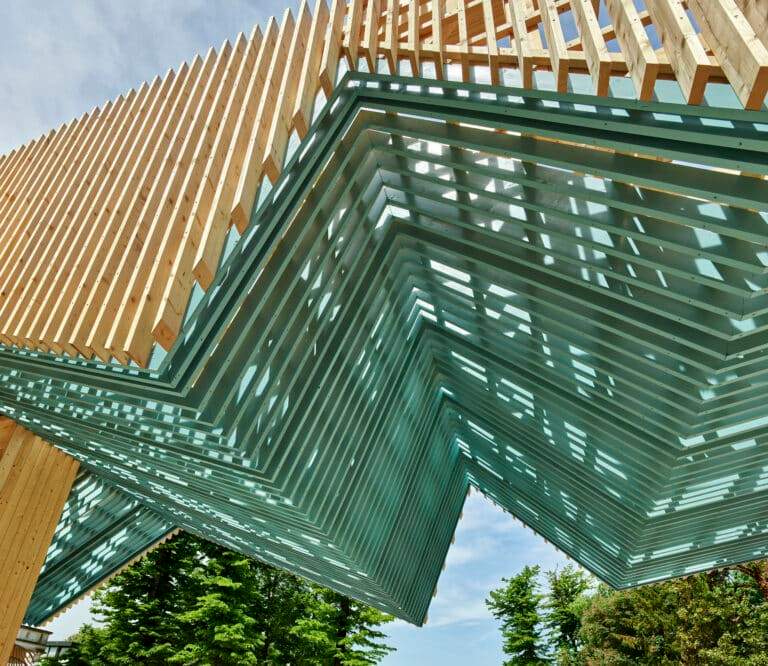Urban Regeneration Design Competition in Wuxi: “The Appointment between Youth and City”
In a strategic move to position itself as a youth-friendly city, Wuxi has launched the design competition “The Appointment between Youth and City.” This initiative focuses on revitalizing key historical sites in the city through innovative urban interventions that align with the needs of young people while preserving cultural heritage. This article explores the competition’s background, targeted sites, design scope, prizes, and critical perspectives.

What is the “Appointment between Youth and City” Competition?
Organized by the local government of Wuxi, this urban regeneration competition aims to bridge the gap between historical preservation and modern urban development from the perspective of youth. It invites designers, architects, planners, and students to reimagine five key locations in the Old Town district, transforming them into vibrant cultural and social hubs.
As stated by the official Wuxi Municipal Government portal: “Engaging youth in shaping the city means investing in its future.”
Why Wuxi? A City of Heritage and Innovation
Wuxi, located in southeastern Jiangsu Province, is one of China’s most historically rich cities, with over 3,000 years of history. It is home to 31 state-protected heritage sites, 60 museums, and 11 national intangible cultural heritage locations. Known as the birthplace of ancient Wu Culture and a modern industrial hub, Wuxi offers a unique setting for exploring the intersection of tradition and innovation.
This competition reflects Wuxi’s broader vision to attract young talent by improving public services, enhancing cultural experiences, and creating inclusive urban spaces.

Targeted Sites and Design Challenges
| Site | Area | Cultural Significance | Design Challenge |
|---|---|---|---|
| Erquan Square | 6,550 m² (core area: 800 m²) | Named after the classical erhu piece “The Moon Over a Fountain” | Create a spiritual landmark integrating cultural identity and public space |
| Zhang’s Jiale Hall | 564 m² (indoor: 1,065 m²) | Historic building constructed in 1930 | Apply reversible renovation techniques while introducing modern elements |
| Caotzhangli Food Street | Under 1 km long | Vibrant food and youth culture hub | Improve layout and aesthetics while embracing youth lifestyle trends |
| Liangxi District Library (Upper Floors) | 10,000 m² (floors 3–5) | Recently restructured library | Convert upper floors into dynamic cultural spaces for youth engagement |
| Yongding Bridge Park | 4,095 m² | Underutilized green space | Revitalize into a youth-oriented leisure destination |

Scope of the Competition
Participants are encouraged to use diverse formats including architecture, landscape design, sculpture, and installations. The designs should reflect both the cultural legacy of Wuxi and the contemporary aspirations of its younger population. The goal is not only to redesign physical spaces but also to foster emotional connections between youth and their city.
Prizes and Participation Details
| Prize | Amount (CNY / USD Approx.) |
|---|---|
| First Prize | ¥100,000 (~$14,000) |
| Second Prize | ¥50,000 (~$7,000) |
| Third Prize | ¥30,000 (~$4,200) |
| Honorable Mentions | Non-monetary recognition |
There is no participation fee, and entries must be submitted by February 20, 2025 .

ArchUp Analysis and Perspective
ArchUp views this competition as a significant step toward involving youth in shaping urban futures, particularly in culturally rich environments like Wuxi. However, several considerations stand out:
- Technical Challenges: Reversible architectural interventions require specialized knowledge, which may pose a barrier to some participants.
- Community Engagement Gap: While the competition emphasizes youth perspectives, it lacks clear mechanisms for involving local communities in the design process.
- Sustainability Concerns: There is limited emphasis on environmental sustainability or post-construction maintenance, which are essential for long-term success.
Despite these challenges, the competition presents a valuable opportunity for emerging designers to contribute meaningfully to real-world urban regeneration projects.
Frequently Asked Questions (FAQ)
| Question | Answer |
|---|---|
| Who can participate? | Open to individuals or teams of architects, designers, students, or researchers. |
| Is there an entry fee? | No, participation is free. |
| What is the submission deadline? | February 20, 2025. |
| Is site visit mandatory? | Not required, though recommended for accurate understanding of each location. |
| How will projects be evaluated? | Based on innovation, cultural relevance, and alignment with youth needs. |

Summary Table of Key Points
| Aspect | Details |
|---|---|
| Competition Name | “The Appointment between Youth and City” |
| Number of Sites | 5 |
| Objective | Balance cultural preservation with youth-focused urban renewal |
| Target Audience | Young designers, architects, and students |
| Top Prize | ¥100,000 CNY |
| Deadline | February 20, 2025 |
| Acceptable Formats | Architecture, landscape, sculpture, installation art |
For young creatives passionate about urban design and cultural preservation, this competition offers a rare platform to influence the transformation of a historic city while addressing the evolving needs of its younger generation.







